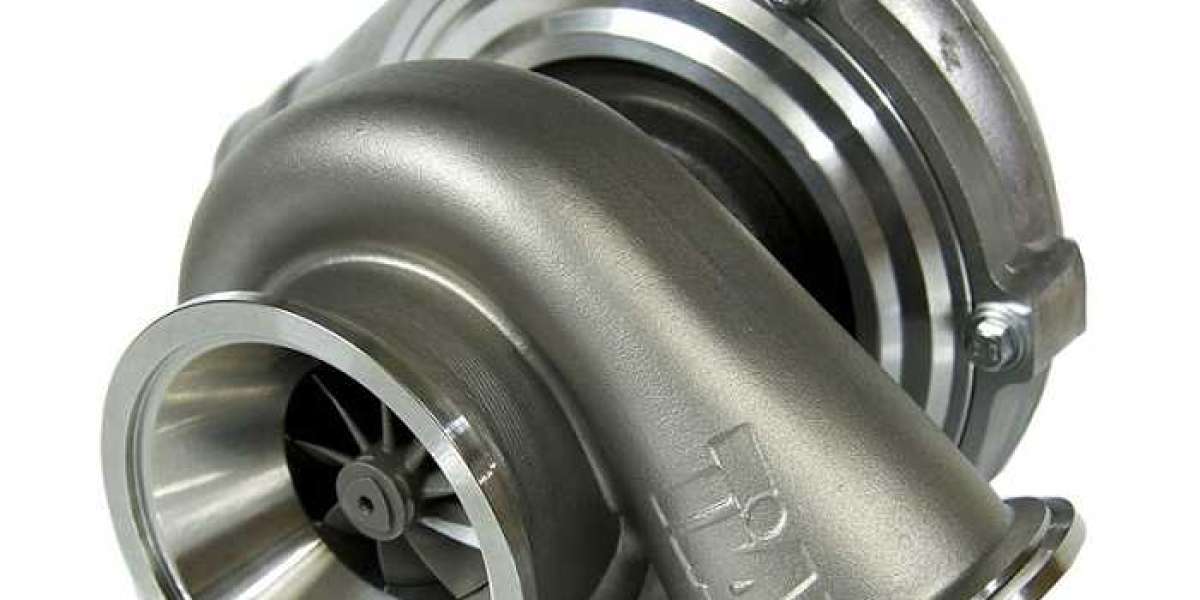Flange A seal for coupling between two flanges comprising : an annular gasket of elastically deformable material presenting an axis of revolution and a transverse axis and an outer ring of a non deformable material, the annular gasket comprising, in cross-section, an inside face facing towards the axis of revolution, an outside face opposite therefrom, connecting the gasket to the outer ring and two side faces for bearing against a flange sealing surface, said side faces interconnecting the inside and outside faces, and each side face including at least two compressible lobes, an outer lobe close to the outside face and an inner lobe close to the inside face so as to provide at least two distinct sealing zones when the seal is mounted between the flanges. Flange seal is a gasket used to fill the gap or space between a group of flanges. These flanges consist of raised rings around the edge of the pipe, which are used to connect multiple pipes together by compression. Without proper sealing, this joint is easy to leak in the form of liquid or steam. The flange seal prevents leakage by correcting any minor irregularities or larger gaps between each flange surface. Some seals are built into the flange, while others are composed of rubber rings or similar materials. These materials are cut into various types of gaskets suitable for flange automobile and truck engines during installation to help prevent liquid and gas (such as exhaust) leakage. Various materials can be used to manufacture flange seals, depending on the installation position and installation method. The most common flanges are made of elastic materials, including rubber, polyethylene and similar synthetic materials. Elastic flange seal is an economic choice for general applications. When used to seal pipe joints, flange seals can be used for a variety of purposes. It fills gaps and defects between two adjacent flanges to help prevent liquid leakage. These gaskets also prevent smoke, steam or steam from seeping between flanges. By reducing leakage, flange sealing helps to keep the facility clean while maximizing performance and efficiency. Flange Manufacturer Landee supplies Weld Neck Flange (WN), Long Welding Neck Flange (LWN), Lap Joint Flange (LJ), Blind Flange / Blank Flange (BL), Slip On Flange (SO), Thread Flange (THR), Socket Weld Flange (SW), Reducing Flange, Orifice Flange, Anchor Flange, Spectacle Blind Flange (Figue 8), Spacer Ring/Spade Flange etc鈥?/p Flange Standards: ANSI/ASME Standard: ANSI B16.5, ANSI B16.47 Series A B, MSS-SP-44, API 605, API6A in class 150 to 2500; AWWA C207 flanges in Class B, Class D, Class E, Class F, Ring, Blind Hub; European DIN, UNI, EN 1092-1, BS 4504, ISO, NS, NFE29203 flanges in Pressure PN6 to PN100; Japanese JIS B2220 Korean KS B1503 flanges in pressure 5K to 40K; Russian GOST 12820-80, GOST 12821-80, GOST 12815-80 in pressure PN0.6MPa to PN10MPa; South African SABS 1123 / SANS 1123 in Class 600kPa to 4000kPa. Flange Materials: Carbon Steel: ASTM A105/A105N A350 LF1, LF2 CL1/CL2, LF3 CL1/CL2 A694 F42, F46, F48, F50, F52, F56, F60, F65, F70 A516.60, 65, 70 (Spectacle Blind Flange, Spacer Ring/Spade Flange) Steel RST37.2, C22.8 Stainless Steel: ASTM A182 F304/304L, F316/316L, F316H, F316TI, F310, F321; Alloy Steel: ASTM A182 F1, F5, F9, F11, F22, F91 Duplex Super Duplext Steel: ASTM A182 F51/UNS S31803, A182 F53/UNS S32750 ASTM A182 F55 / UNS S3260 Flange Face Type: Flate Face (FF), Raised Face (RF), Ring Type Joint (RTJ) Flange Norminal Diameter Range: 1/2" 鈥?96", DN15-DN2000 Normail Pressure Range: 150# - 2500# (PN6 鈥?PN40)Flange website:http://www.kindratechina.com/fitting-part-for-piping-system/flange/
Search
Popular Posts








